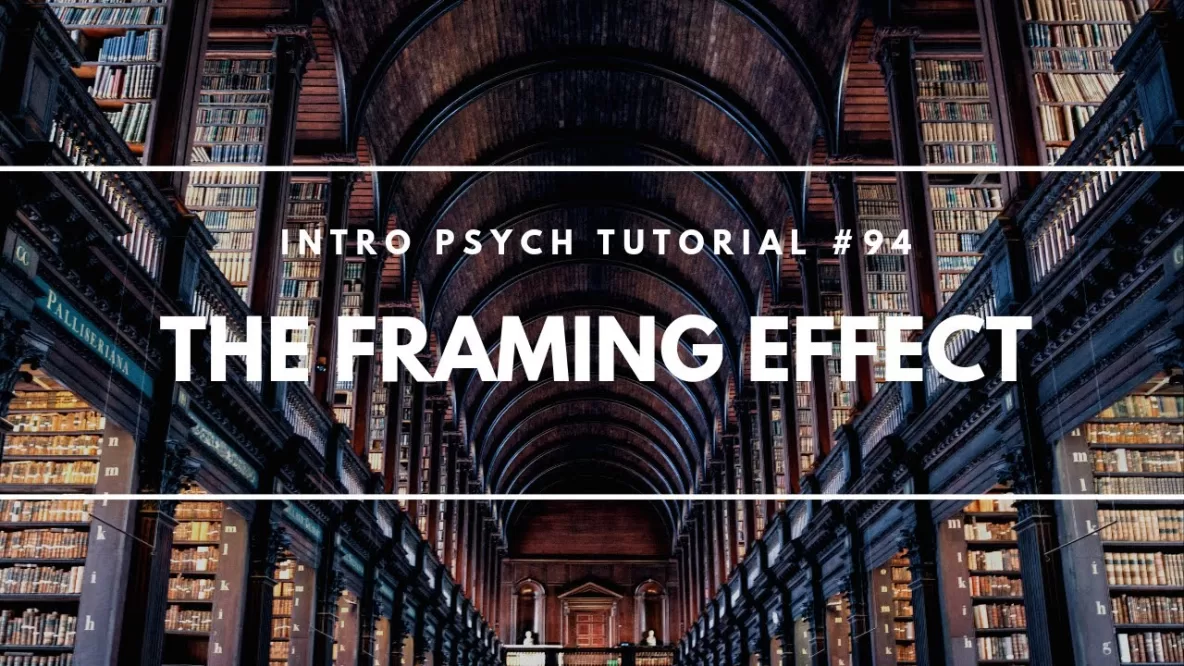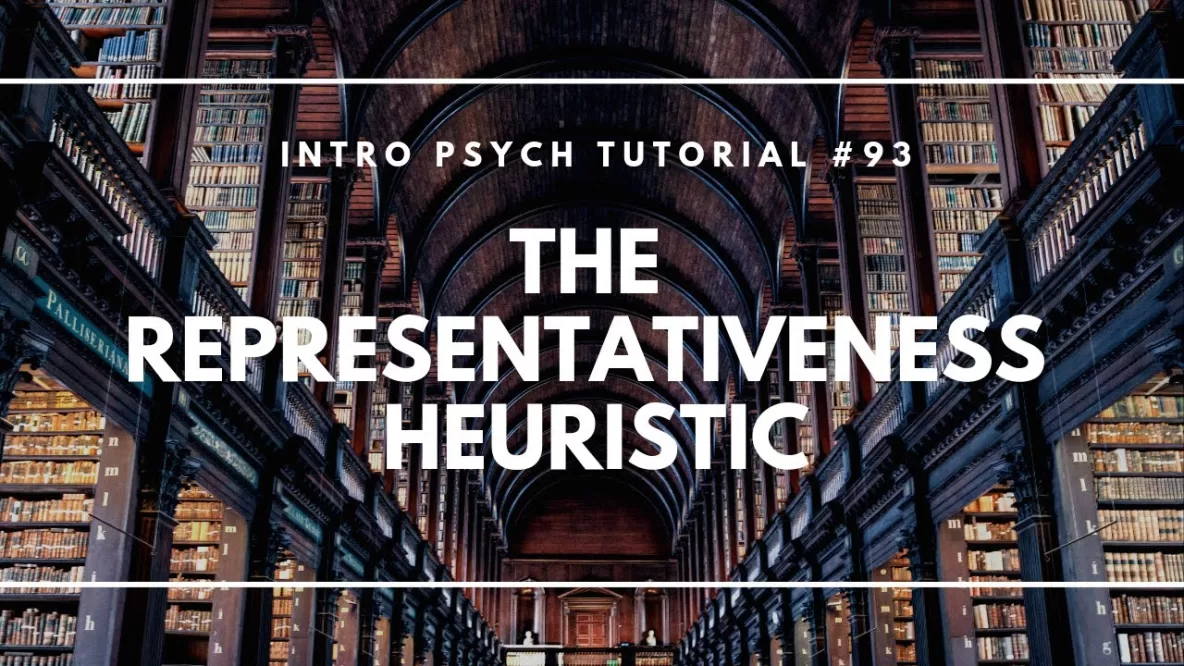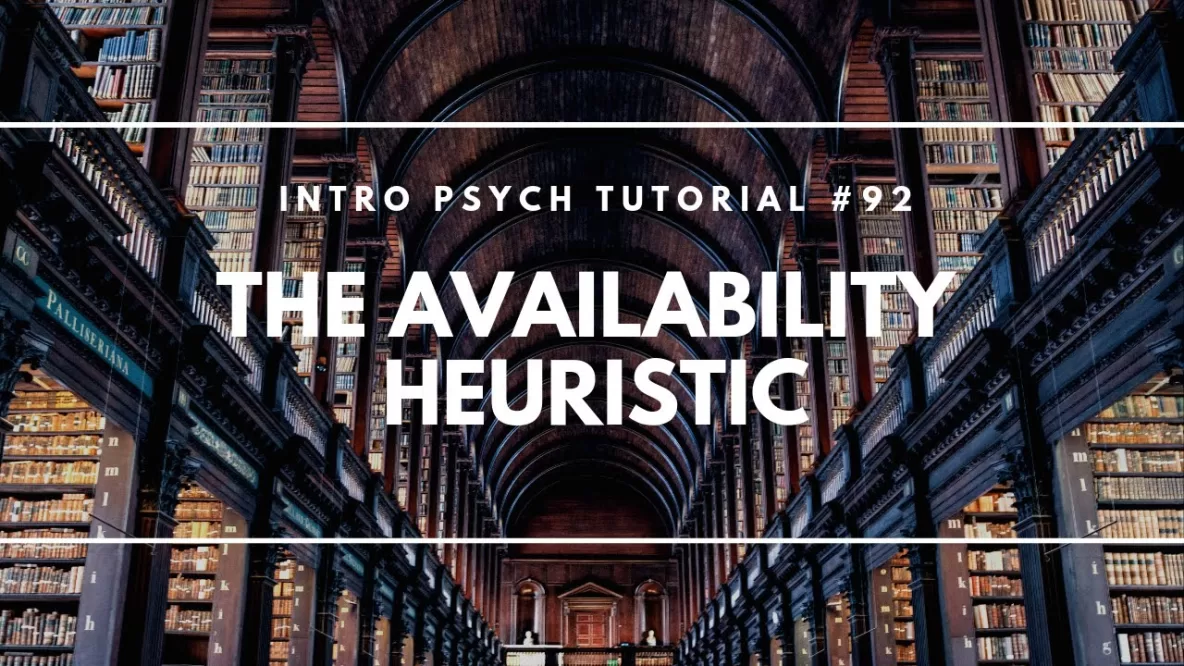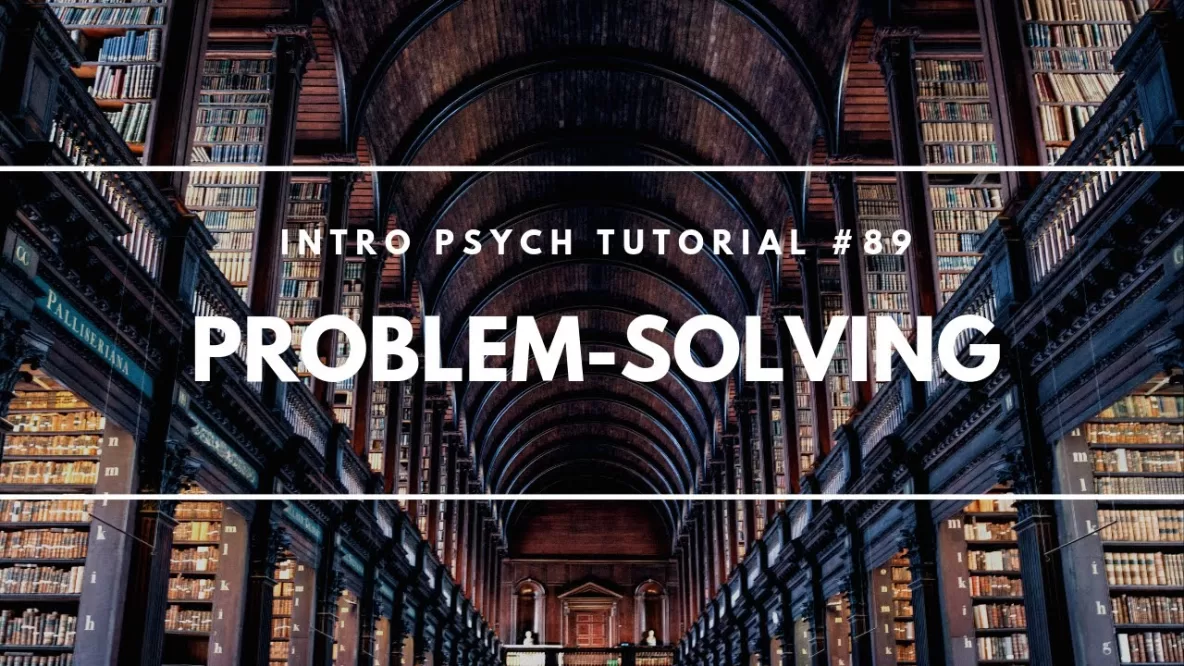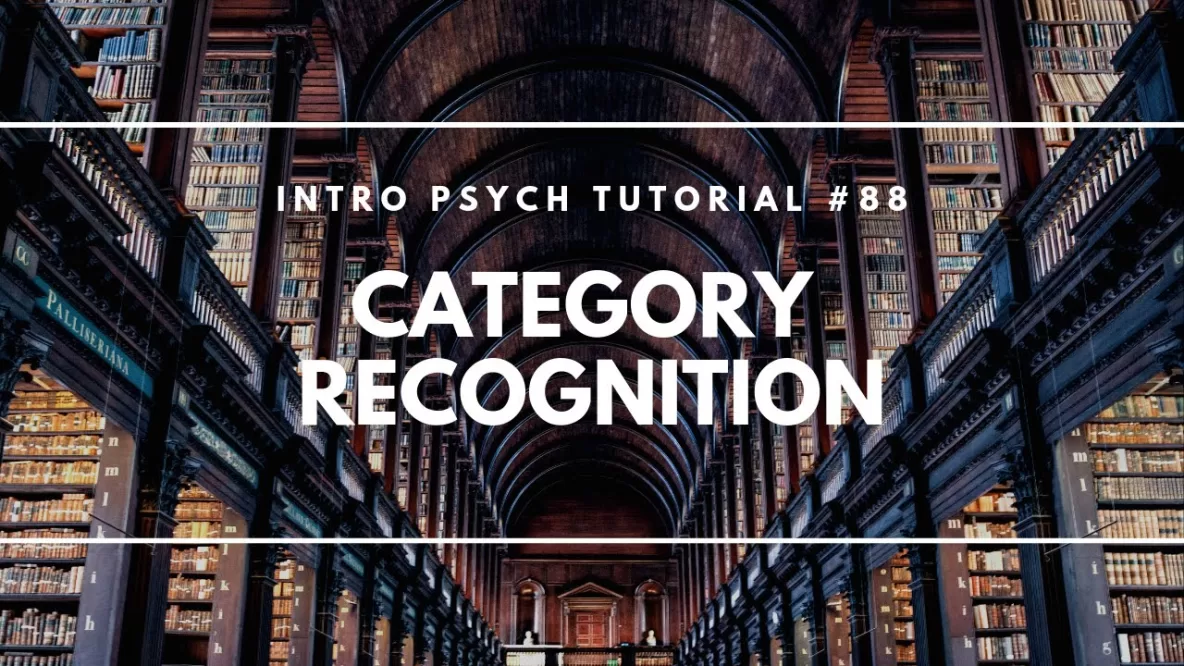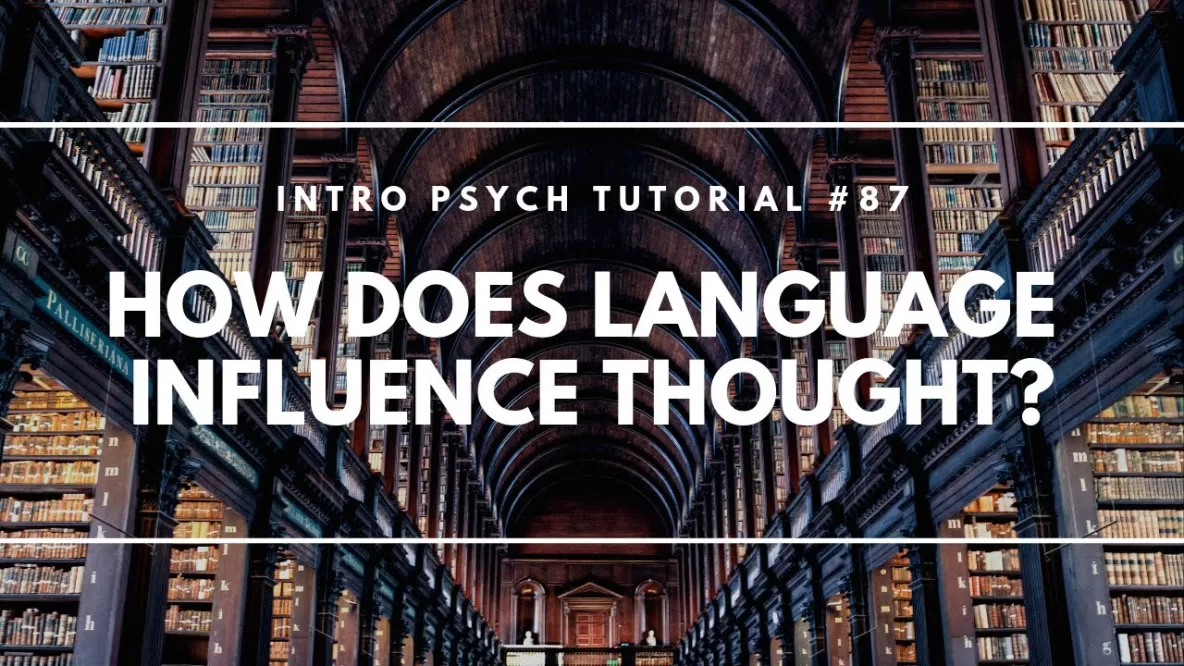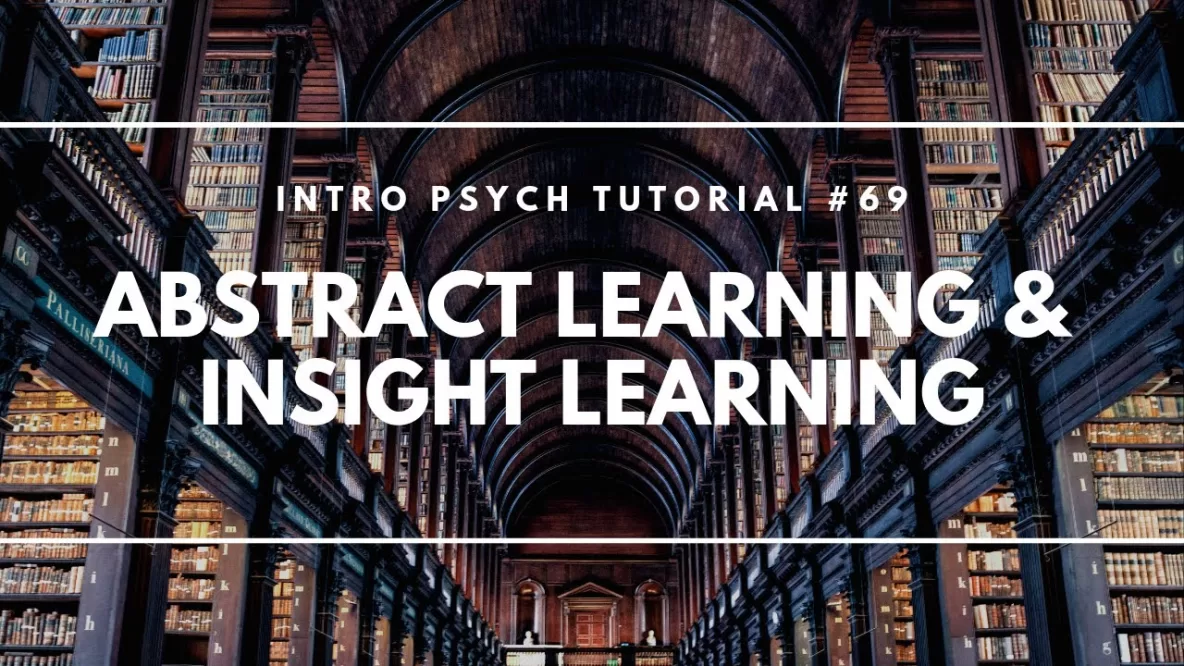Here’s a knowledge organizer I’ve created of the most essential concepts for language & cognition in an introductory psychology course. These knowledge organizers are designed to help you identify the most important factual knowledge you need to have in order … Read More
The Framing Effect
In this video I introduce Tversky and Kahneman’s work on the framing effect and how consideration of benefits or losses can influence the choices that people make and their willingness to take risks. I consider a few everyday examples of … Read More
The Representativeness Heuristic
In this video I describe another heuristic identified by the work of Amos Tversky and Daniel Kahneman. The representativeness heuristic is a shortcut that we use when attempting to estimate the odds of something being true, such as whether an … Read More
The Availability Heuristic
In this video I provide an introduction to behavioral economics and the work of Amos Tversky and Daniel Kahneman by describing a heuristic we use when attempting to assess the frequency of events. The availability heuristic is a shortcut that … Read More
Obstacles to Problem Solving
In this video I introduce several potential obstacles to problem-solving including overconfidence, illusory superiority, belief bias, and belief perseverance. Then I describe a “consider the opposite” strategy for potentially reducing the influence of bias when interpreting evidence that supports or … Read More
Problem Solving
In this video I introduce several concepts related to problem-solving. I begin with mental set, which refers to our tendency to rely on approaches that have worked in the past. Similarly, functional fixedness refers to our tendency to think of … Read More
Category Recognition
In this video I consider how language can help us to organize thought and create more precise concepts and categories. This raises the question of how we recognize new stimuli as being part of a particular category. Protoype theory suggests … Read More
How Does Language Influence Thought?
In this video I consider the relationship between language and thought. The Whorf-Sapir hypothesis, or linguistic relativity hypothesis, suggests that one’s language influences one’s perception of the world. While evidence is mixed on just how language influences thought, there are … Read More
Abstract Learning & Insight Learning
In this video I describe abstract learning and insight learning as types of learning that both require internal cognitive processing. Abstract learning demonstrates how mental concepts and categories relate to stimulus generalization while insight learning demonstrates the use of mental … Read More
What is the Availability Heuristic?
In their first study of the availability heuristic, Tversky and Kahneman asked participants to estimate whether English had more words that started with the letter K or more words that had K as the third letter. What do you think? … Read More


